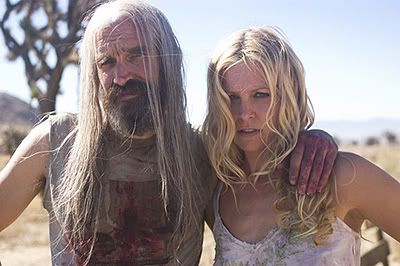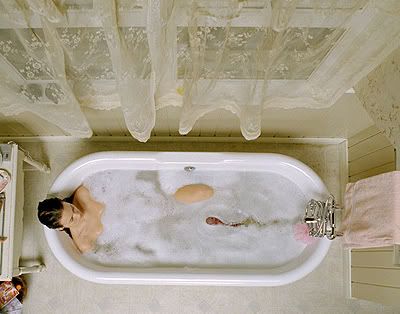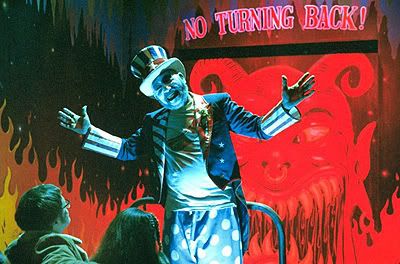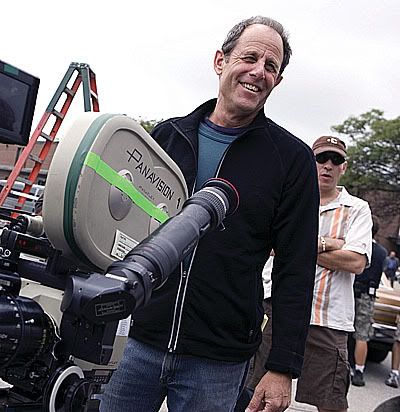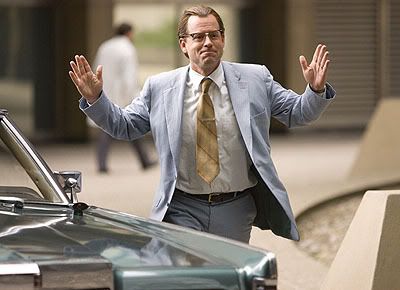
I have seen the best comedy and the best horror movie so far in 2004. Guess what? They're the same film.
Simply put, I loved virtually every frame of Shaun of the Dead. Possessed of a crackling British wit and sharp social commentary, it simultaneously gets big laughs and is a credible entry in the recently revived zombie subgenre.
Many horror films these days play more like comedies, but in those cases we're usually laughing at the movie. In Shaun of the Dead, we're laughing with it.
